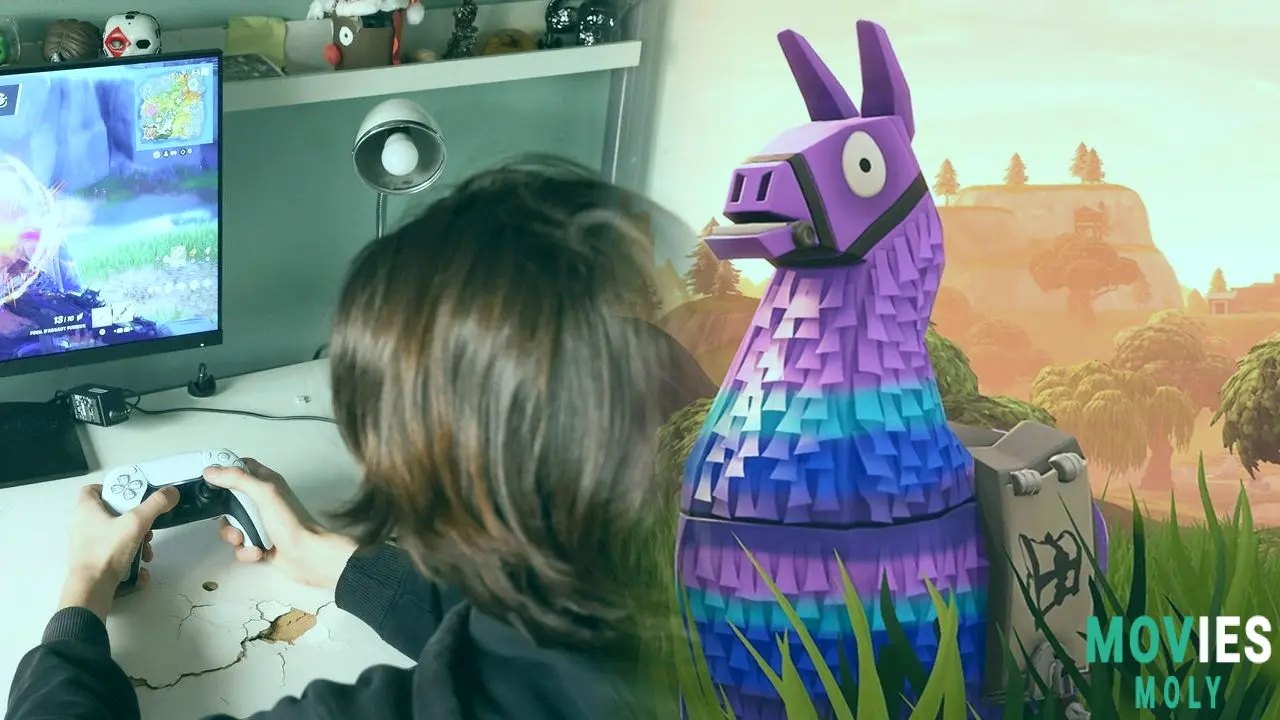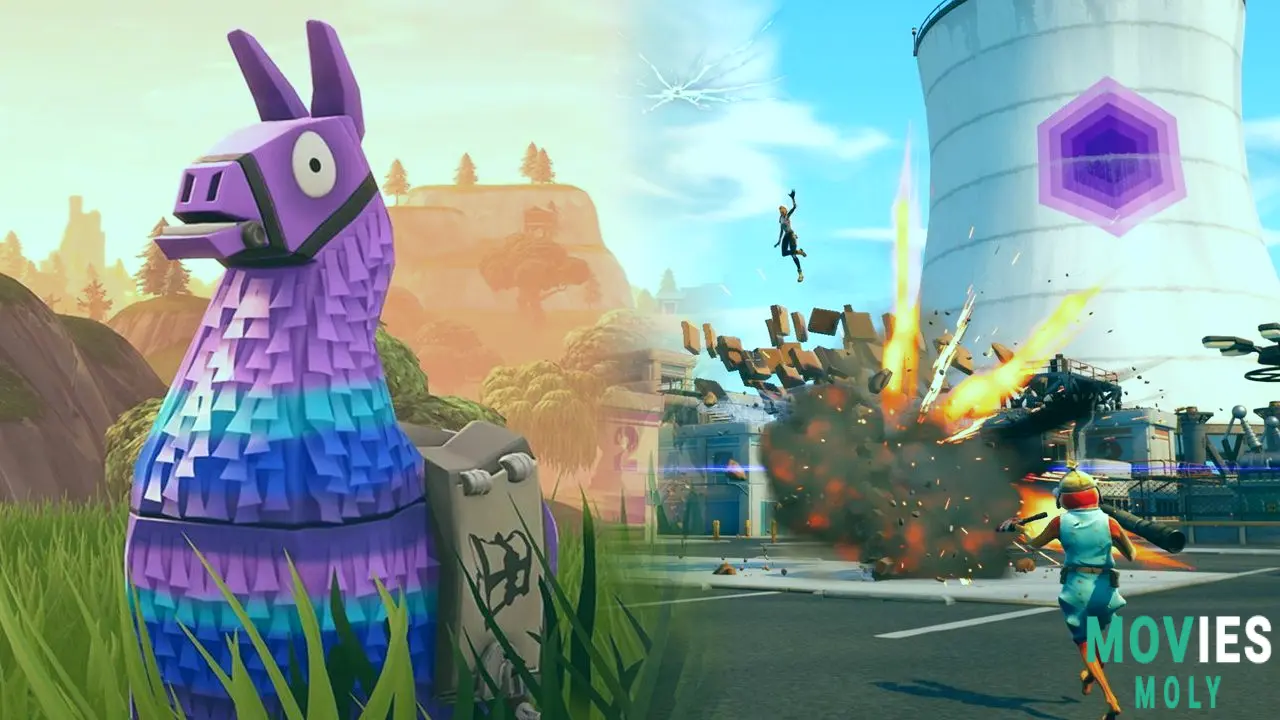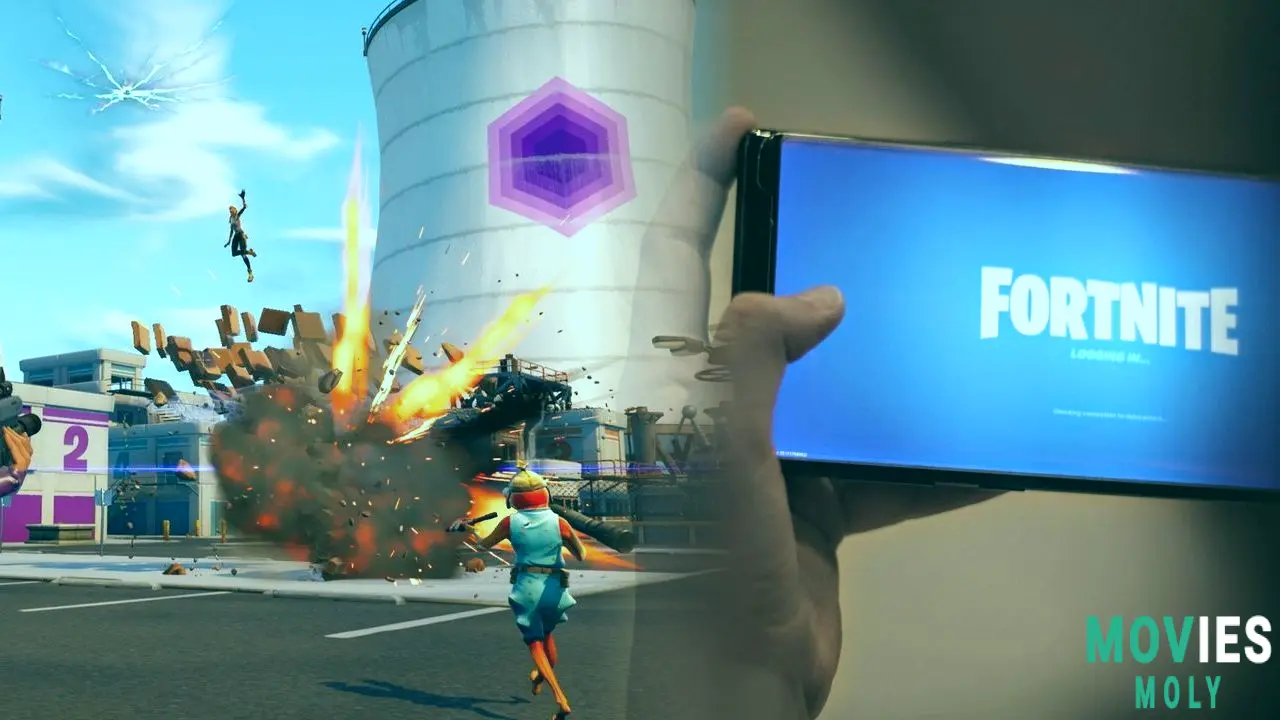Fortnite is definitely a cultural phenomenon. Millions of users are hooked on its unique mix of battle royale excitement and creative freedom. But there is a darker truth beneath the bright graphics and continuous upgrades. A lawsuit against the developer Epic Games has led the Federal Trade Commission (Ftc) to give back millions of dollars to players. I don't think this is just about money; it's an important statement about protecting consumers and the moral duties of game companies.
The FTC has done this before. After an initial payment of $72 million in December, about one million further payments totaling $126 million are now being processed. This takes the total amount of refunds due to Epic's billing practices to approximately $200 million. It's clear that this isn't just a tiny mistake; it's a problem with the system that needed to be fixed, and I'm delighted the FTC took a strong stand.
The Bad Side of V-Bucks: Why the FTC Got Involved to Protect PlayersThe lawsuit was started because of unwanted purchases and locked accounts.
I would call the conduct at the heart of the FTC's action against Epic Games very misleading. Imagine trying to wake up your game system or just look at an item, but instead of that, you end up buying it. Many people said this, and the FTC said that Fortnite tricked gamers into making unwanted in-game purchases by employing "confusing button configuration" and "the press of a single button." Not only is this annoying, but it also seems like a trap.
The fact that parents are said to not approve of their kids' purchases is even more troubling. Parents said that they were charged a lot of money without their knowledge or consent, which shows that Epic did not do a good job of protecting its younger audience. The FTC also said that some users were banned from accessing their content and couldn't challenge the purchase when gamers asked for refunds for these problems. This kind of revenge is just not okay, and it says a lot about what the corporation cared about at the time. In addition to the reimbursements, Epic also agreed to pay a $275 million fine for breaking the Children's Online Privacy Protection Act Rule (COPPA) by getting personal information from children under 13 without their parents' permission. This dual settlement sends a powerful message: corporations ought to put the safety of their users and ethical design first, especially when kids are involved.
Do you deserve a refund? Knowing If You Qualify For The Fortnite Payout

There Are Certain Requirements That Must Be Met To Qualify For A Claim
Many players and parents are wondering if they can get their money back because millions of dollars are being handed out. The good news is that the FTC has started taking claims again, but the deadline is coming up quickly. You have until Wednesday, July 9, 2025, to make a claim. I urge everyone who thinks they could be qualified to act right away.
If any of the following assertions are true, you may be able to get your money back:
You have to be at least 18 years old to file a claim. A parent or guardian can fill out the claim form for a minor who made the purchases. The final amount of money that will be paid back will depend on how many people file, but as a point of reference, the average refund from the first batch of payments was about $114 per person. This isn't simply a little gesture; it's a real refund of money to those who were penalized wrongly.
How to Get Your Fortnite Refund Before July 9, 2025

The process is easy, but the deadline is set in stone.
Fortunately, filing a claim for your Fortnite refund is easy. It's a relief that the FTC has made it easy to get around, considering the situation. You can file your claim right on the FTC website at www.ftc.gov/fortnite. To apply, you need either an email from the FTC with a claim number or your 32-character Epic Games ID. The FTC has said that they never ask individuals for money or account details to earn a refund. This is a crucial thing to remember to avoid frauds.
After your claim has been investigated and verified, you will get your money back through PayPal or a check. You have 30 days to accept a PayPal payment if you get one. People who get checks should cash them within 90 days. Payments for claims filed by the July 9 deadline should start coming out in 2026. You can call 1-833-915-0880 or email [email protected] if you have any concerns about your claim or need help. Rust Consulting, Inc. is in charge of refunds.
You should know that registering an FTC claim for Fortnite won't damage your account, and you won't lose any stuff from your inventory if you do. This isn't about penalizing players; it's about making things right.
What This Means For The Future Of Buying Games Beyond The Payout

This Settlement Sets A Standard For Fair Game Design
The Fortnite refund controversy is more than just a one-time thing; it's a big deal for the gaming industry. As part of the deal, Epic Games now has to get permission from users before charging them. They also can't lock players out of their accounts if they disagree with a charge. These are very important adjustments that all gaming platforms should start doing. I think this sets a strong example that will make other developers rethink how they make money and how their user interfaces work.
This case shows how important it is for consumers to speak up in the digital age. When businesses employ "dark patterns" or complex designs to trick people, especially kids, into spending money, it hurts the gaming community and makes people less likely to trust them. This settlement is a win for both players and parents. It shows that even big companies can be held responsible. It's a reminder that games should be exciting and interesting, but they should also be fair and clear.
In the end, this should be a wake-up call for the whole industry. The goal should always be to make things fun, not to get players to buy things they don't desire. I hope that what we learnt from this Fortnite settlement will help us create a future where ethical game design and strong consumer protection are the norm. This will make sure that gamers can play without worrying about being taken advantage of. The game world needs to really put its players first now.




